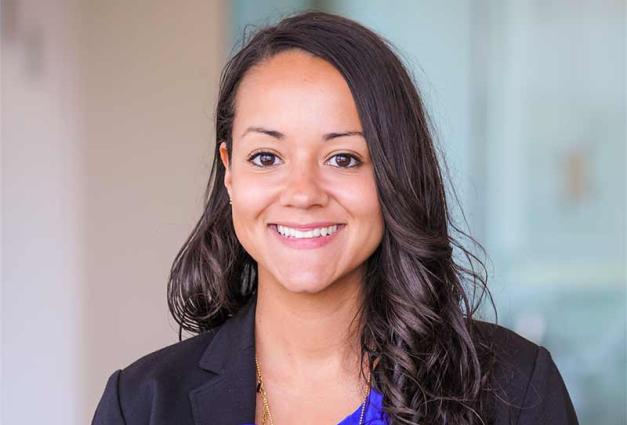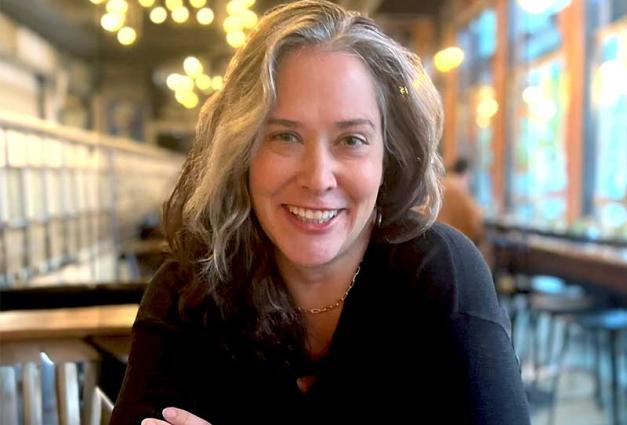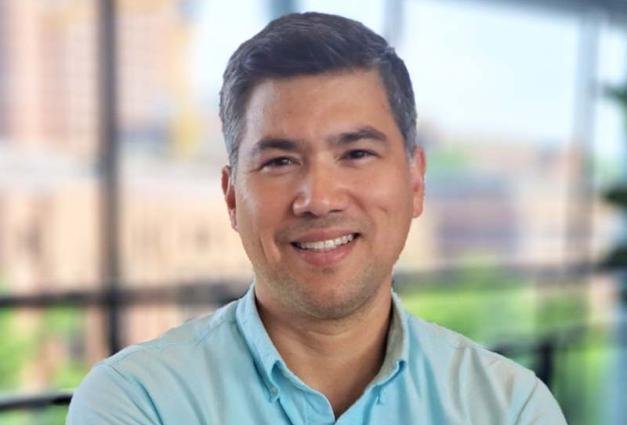Adeyemi Adetula is a doctoral student at the Université Grenoble Alpes, France, and a member of the CORE Lab. He is working on increasing the generalizability of psychology with a focus on Africa. He completed his earlier education in Nigeria where he earned a bachelor’s degree and master’s degree in psychology and taught psychology for six years. He is currently leading a series of multisite studies to replicate African effects among African, European, and North American populations. He is an advocate of adopting open science in Africa.
What led you to choose a career in personality and social psychology?
I'm passionate about psychology broadly. Even though I had a master's in forensic psychology, my then master's advisor Dr. Ojiji, a social psychologist, spurred my interest to work on social values and personality traits. Fortunately, my PhD co-advisors, Hans IJzerman and Patrick Forscher, both social psychologists, agreed to supervise my PhD in social and experimental psychology. Hopefully, I will have a great career in social psychology if my co-advisor, Dana Basnight-Brown, a cognitive psychologist, motivates me enough not to become a cognitive psychologist.
Briefly summarize your current research, and any future research interests you plan to pursue.
My current research is focused on the generalizability of psychology and improving Africans' participation in global research. I'm a doctoral student at the Université Grenoble Alpes, France, working on replicating African effects in WEIRD populations to understand the extent to which these findings generalize to these populations. Aside from testing African claims' generalizability via cross-cultural replications, working with Africans also allows us to understand the barriers to African science and how to promote best practices in African research. We share our underlying philosophy in a recent commentary in Nature Reviews Psychology (Adetula et al., 2022; preprint available here).
Our approach is to conduct two multisite Registered Replication Report studies. First, the CREP (Collaborative Replication and Education Project) Africa study is a training project to prepare African collaborators on open science practices via 1) tutorial articles and CREP training videos and 2) conducting an Africa-wide CREP replication study. Second, the CPA project prepares African collaborators for the ManyLabs Africa study, a replication study of three effects originally discovered in African countries, which will be tested among European, Northern American, and African populations. By doing so, we can determine whether the effects that were discovered in Africa replicate in Africa, and further, whether they generalize beyond the continent. In addition, we try to identify barriers to doing rigorous research with our African colleagues.
One considerable barrier to doing rigorous research I have faced myself during the PhD. I was promised a grant from a Nigerian institute, called TETFund, which was vetted by a French organization called Campus France. For more than a year, I did not receive any funding and neither TETFund nor Campus France followed up on their promises. I feel intense gratitude however for the kind support from social and personality psychologists, without whose donations I would not be able to finish my PhD (you can read the full story on my GoFundMe or Patreon page).
Why did you join SPSP?
I joined SPSP to 1) associate/network with colleagues from other world regions and 2) for up-to-date discoveries, discussions, and happenings in personality and social psychology.
What is your most memorable SPSP Annual Convention experience?
My first and only participation was in the 2021 remote conference. I successfully organized a hackathon and workshop to train 15 African researchers in open science initiatives, tools, and practices. Though it was logistically challenging to get African researchers to participate in this conference, it was fulfilling to contribute to improving African researchers' capacity. You can read more about the event here.
How has being a member of SPSP helped to advance your career?
First, as an early career African researcher, an affiliation with an international association provides a platform to network with colleagues from other regions of the world. Second, as an advocate for better African participation in global research, I was awarded the International Bridge-Building Award, an SPSP funding program to promote diversity and participation of scholars from underrepresented populations. With this funding, we provided a one-year internet subscription to 15 African researchers to allow Africans to participate in a hackathon and workshop on creating open science syllabi for African research methods courses. Also, beneficiaries got conference fee waivers and received a one-year membership subscription. However, there is still more they can do, such as moving the conference out of North America and diversifying to whom they give awards. I hope to achieve this through my role as an advisory board member of the SPSP Anti Colorism/Eurocentrism in Methods and Practices (ACEMAP) Task Force, a platform to promote inclusion and also gain valuable experience for my career development.
Do you have any advice for individuals who wish to pursue a career in personality and social psychology?
With more devotion to big-team science and inclusivity, personality and social psychology can make more profound impacts globally. Our research should truly answer questions about what motivates humans across the world, not just undergraduate students at Stanford. We should not only diversify populations for more generalizable findings and theories, but we should also involve researchers from across the globe—including Africa—to ask questions that researchers from the U.S. and Europe may not think of or which may not support their communities. Supporting African researchers is not only the moral thing to do, it is also worthwhile from an intellectual perspective.
Outside of psychology, how do you spend your free time?
I love listening to Yoruba songs, rhythms, and beats. Curious enough?! Check out this documentary on a Yoruba drum. Also, I like to play sports and spend time with friends and family.




